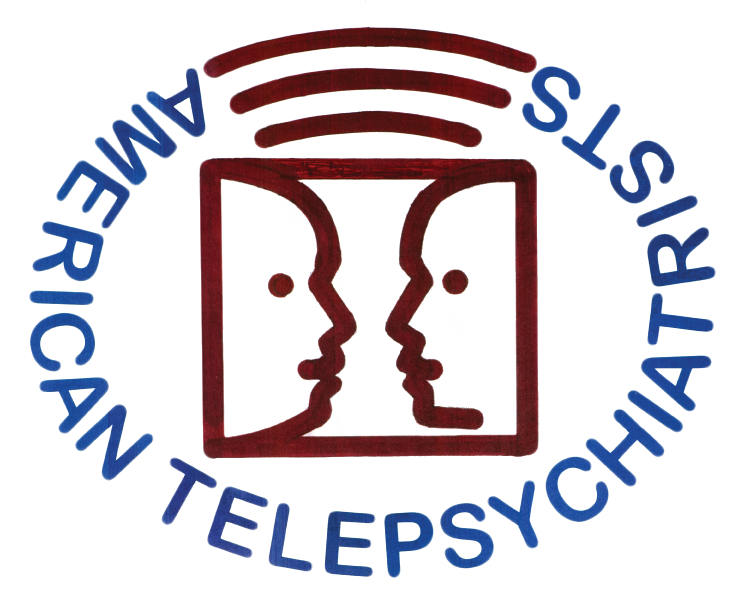We provide the teleconferencing software license(s), 24/7 IT tech support, EMR/EHR/PHR, corporate secure email, eRx, electronic lab review where available, training, scheduling, billing/collection, 1-800 phone and fax, Psych Certified Nursing support, administrative support, 24/7/365 live medical office answering service with HIPAA trained English speaking/bilingual staff, and very high quality professional liability insurance.
Most other companies get you to sign on, give you an email account, have one person "on call" for IT support (who rarely gets back to you in time to solve your problem), expects you to use your own phone/fax system, provides zero nursing support, provides little administrative support, and basically just serves as a "finder" connecting you to patients at another facility, and they pay you as little as possible, keep as much of the fee as possible, and give you the least amount of support possible in order to maximize their profits. They want you to see as many patients per hour as you can so that they can bill out as many med evals as possible, and there is very little concern for quality of care or continuity of care or your work satisfaction.
American Telepsychiatrists is all about continuity of care and quality of care.
Another major difference between American Telepsychiatrists and other telepsychiatry companies is the quality of their malpractice insurance. Ask them. You'll be surprised to hear that they pool ALL of their doctors into one shared group policy for 1 million/incident and 3 million/aggregate. What does that mean? That means that if they are covering 5 doctors or 50 or 250, there is the same pool of money that covers them all. So if one doctor takes a hit for a 1 million dollar settlement, then 4 or 49 or 249 doctors now have 2 million left in the aggregate account. If another doctor takes a hit for another million, then there's 1 million left. If another doctor takes a hit for a million, well, then there is zero left for the rest of the doctors. Three doctors in one year taking a 1 million dollar hit each is obviously extremely unlikely, but then these companies are also not particular about weeding out doctors with prior malpractice suits, doctors who can't get boarded, doctors with prior disciplinary actions, etc. And these companies want their doctors to see six to ten patients per hour and to work 90 hours per week.
Our point is that these other companies have a higher risk population of doctors, and they often expect you to cover prison inmates who are the most litigious patients, and the shared insurance is sub-standard. Also, to get cheap insurance, they get policies that include limited defense costs, and those costs are INCLUDED within the 1 million/3 million coverage, and the cheap policies come with a "hammer clause" which states that the insurance company can force a doctor to settle out of court. If you settle out of court, what do you get? A hit on your NPI (National Provider Identifier) database.
How is our insurance different? Each provider gets his/her own 1 million/4 million limit. We only use board certified physicians and NPs with completely clean records (no disciplinary actions, no history of malpractice losses, no hits on their NPI database). The defense costs if a lawsuit is filed against you is UNLIMITED, and those costs are OUTSIDE of the 1 million/4 million limits, AND there is NO hammer clause. If we want to fight the charges in court, then we fight the charges in court, and the insurance pays for it no matter what the cost.
Also, we've discovered that a good many of the other telepsychiatry companies out there just flat out lie to you when they tell you that they can guarantee 10 or 20 or 30 or 40 hours per week when in reality they can only provide 4 or 8 or 10 hours. We tell you up front the reality of what to expect. We pay you for contracted blocks of time. Avoid the companies who promise high revenue for fee-for-service work. Many of our current doctors learned their lesson the hard way and left those companies and now work for American Telepsychiatrists.
Who do you want to work for?
